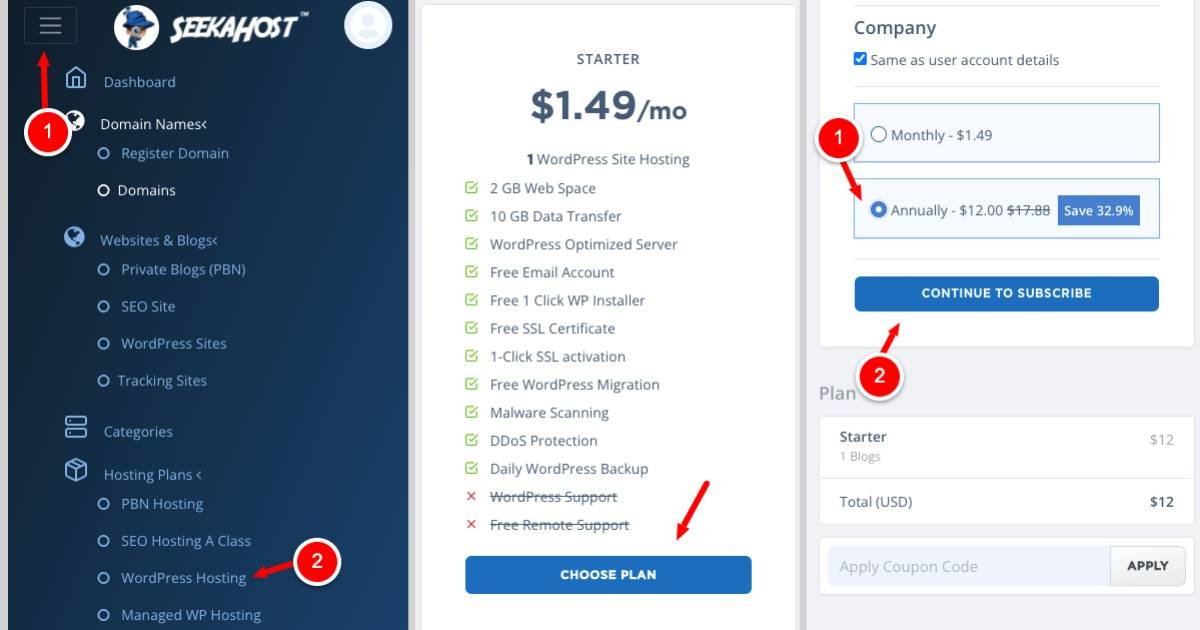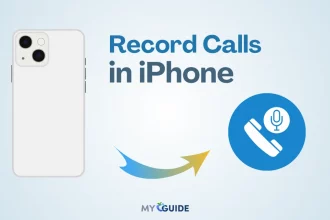With more and more third-party OEMs jumping on the smart speaker bandwagon, AI assistants have become an even greater accessibility for those devices. In this article, I am sharing exclusive comparison between Siri vs Cortana.
This increase in variety has also allowed us to compare them against each other without having any preference as we do with speakers. This is quite useful considering how competitive this market can be at times when it comes down choosing among different voice assistant options.
The future is here, and it’s a lot more capable than you might have thought!
The four front runners for AI assistants are Amazon Alexa, Apple Siri (and HomePod), Google Assistant on your phone or laptop computer.
But which one will be best?
I spent hours testing each assistant by issuing commands that many business users would use. I constructed questions to test basic understanding as well general vocal recognition in addition contextual awareness.
Can they keep up with my needs now?
Siri
In the history of voice technology, there are few who can compare to Siri. First developed for smartphones by a team at Stanford Research Institute in 2010 and bought two months later by Apple Inc., this personal assistant has been integrated into everything from iPhones 4S through iPods nano 6th generation thanks its iconic status as one great way we communicate with our devices today!
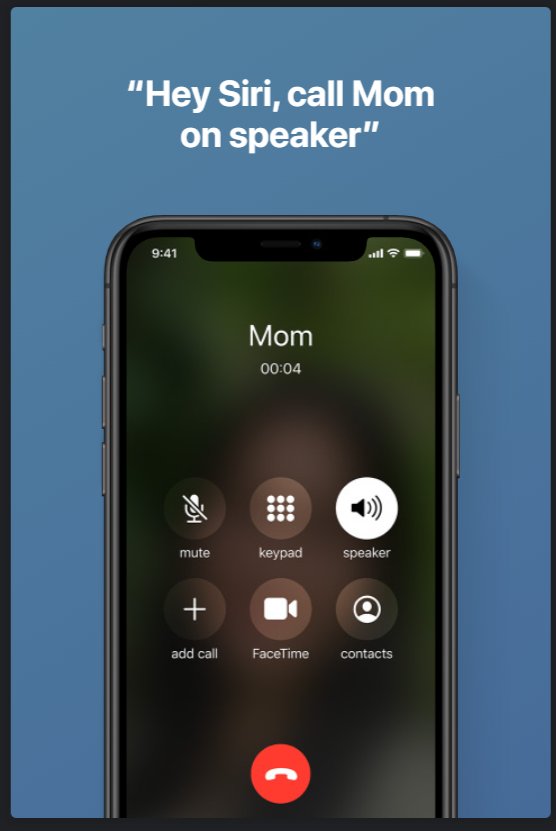
Cortana
Cortana is a personal assistant that can be used on the Windows operating system. She’s powered by Bing and designed to provide you with personalized responses based off your needs, preferences or allergies!
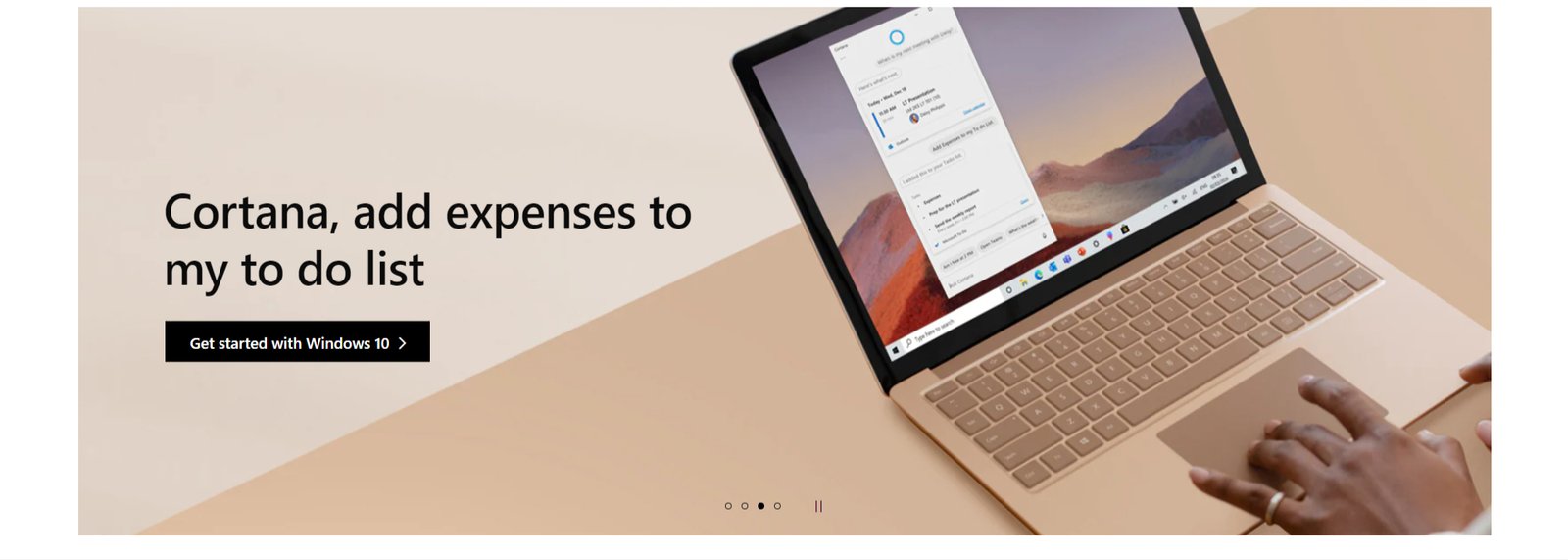
Siri vs Cortana: Accessibility and trends
In order to decide which AI assistant is best, it’s important for users of these virtual assistants and automated systems alike have access on how many devices they can work with.
For example, if you want an accessibility feature that allows only one person at once then select a phone app or website over another option like Alexa. It is because this would limit the amount of people using your service while also making sure all customer needs are met!
Cortana

Cortana is available on the $199.95 Harman Kardon Invoke with Cortana speaker. While there have been rumors of her coming to other third-party speakers or not, it remains for certain that Microsoft’s AI assistant will be losing traction in face off more sophisticated competition.
At least for now as consumers give preference over simpler features when making purchases like voice activation. This can often result from an app instead than what you would typically see if someone used their own personal device without these added abilities installed first hand.
At Microsoft Build 2018, the tech giant unveiled its long-promised integration with Amazon Alexa. This partnership suggests it may be early to count Cortana out of the game entirely. Especially if they continue focusing primarily on enterprise rather than home use.
Siri
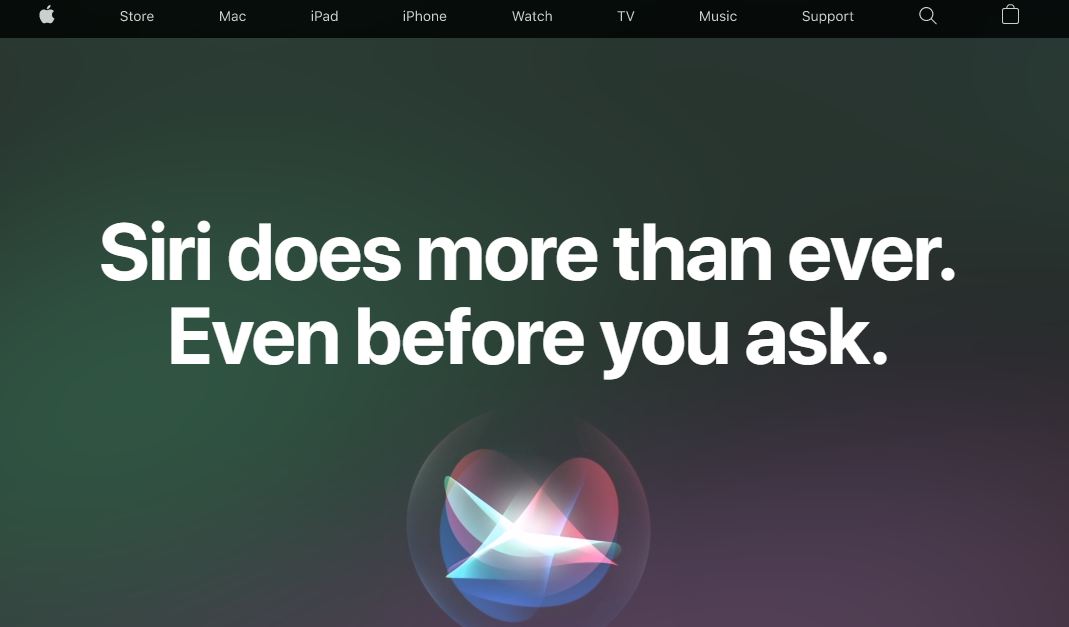
Siri is the go-to assistant for many people. No matter what Apple device you’re using, or if it’s one of their own products like Siri Speaker ($349), HomePod. It also comes with Alexa and Google Assistant built in!
Sonos will be releasing an update this summer that allows its users access to more virtual assistants, so they can control all aspects from music playback through smart home controls..
You’ll never have trouble finding a good voice on your phone again when there are three new options at once: Siri (for iPhones only) Amazon Echo/Google Nest Hub Max+.
Ease of setup
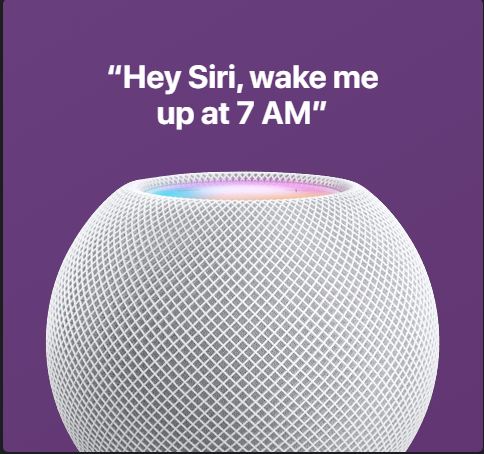
The ease of setup refers to how long it takes to get the assistant up and running as well as whether or not there are any complicated processes involved.
All AI assistants I evaluated had options for customization, including app integration with customized settings that can be altered on-the fly depending upon your needs.
Getting started with a voice assistant is easy. Just sign in, say “Hi” and get ready to explore the different options available for you!
All three of these systems: Google Assistant, Siri or Alexa were surprisingly intuitive even without any setup time required. This made them great choices if new users are what we want on our team. Just 45 seconds from initial access until they’re asking questions like crazy (or more).
How I carried the test?
The test was about accessing the voice features on Cortana, but it’s not available unless you’re signed in to your device and use an email account that is neither work nor school related.
Once this has been verified by entering a code from Microsoft. They won’t give out any personal information for verification purposes despite how much some people might want them too. All eyes turn towards whether or not these services are worth using!
But when you do that, Cortana won’t allow you to sign in with your phone number (even though it claims that’s an option) because “it’s not a Windows account.”
You can’t even use just email address. Users must enter their full name and other personal details including birth date.
After I signed in with my email address, Cortana greeted me by that and even added the dot-com for good measure. It was almost as if she knew how proud of an accomplishment this would make us feel!
Hopefully when Harman Kardon releases their specially designed speakers featuring Microsoft’s digital assistant, there won’t be any more frustration at having her not work properly on launch day. So, you can take your frustrations out on them instead (or vice versa).
Voice recognition
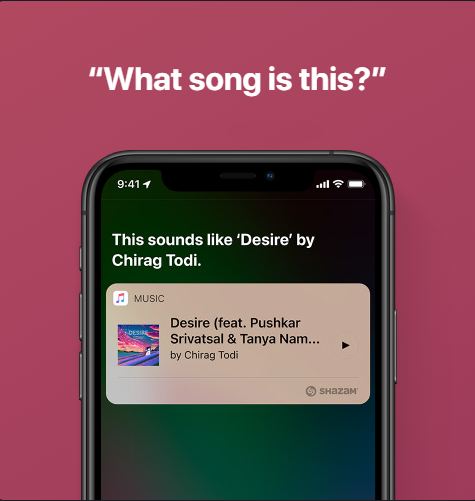
For voice recognition, all I wanted to know was how often the virtual assistant could recognize my words. For this test I wasn’t concerned about context or what value they gave me. So, just basic word-for-word renditions!
With varying distances from devices and levels of background noise tested the answer may surprise you. It can be done with 100% accuracy at close range (less than 3 feet), but falls off drastically when there’s more obstacles in your way.
There are two main factors affecting speech processing performance, proximity and acoustic environment. When testing for computerized listening systems we typically look only at distance which influences overall reliability. Because humans vary greatly depending on whether they have something blocking their mouths such as fingers or whether someone is whispering to them from a foot away.
Also, distance affects the acoustics of a space by how much noise is present. Typically a lower average level means more linear sound propagation while greater levels mean less linear propagation.
This has a lot to do with why speakers are placed higher above our heads rather than directly in front or behind us. Fortunately for voice recognition however, we can account for both factors fairly easily.
Thus, making sure that the test device’s microphone(s) have no obstructions from any source and that there is low-to-no background noise.
Testing both
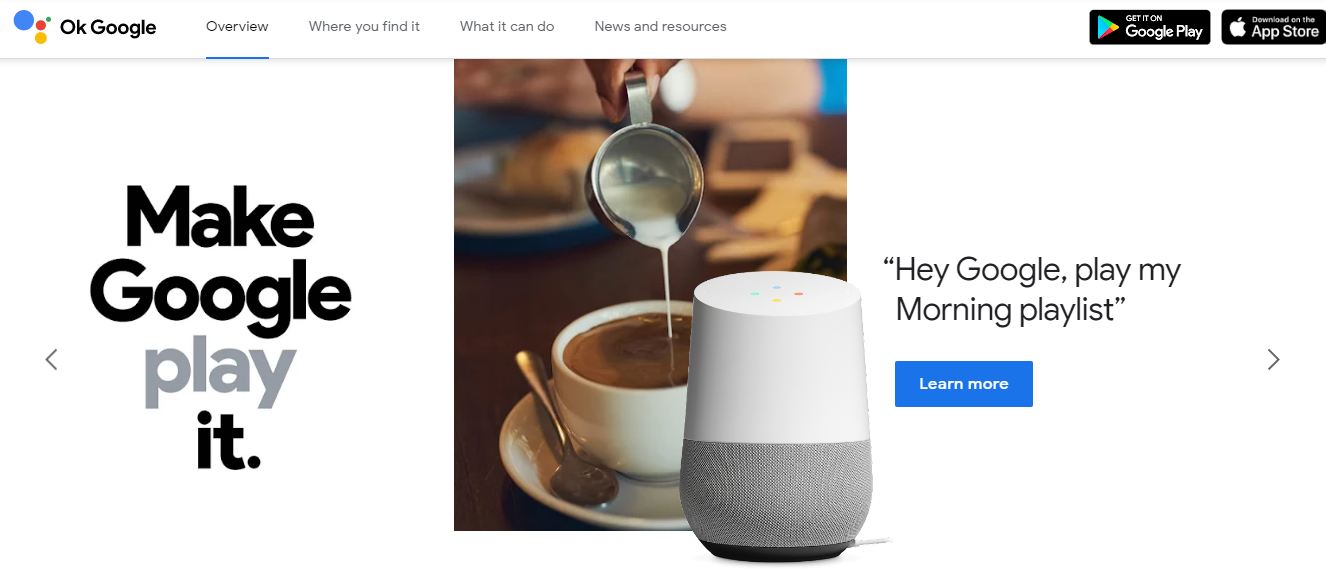
Google and Siri are very good at understanding me when I am in a quiet room with them. There were funny misunderstandings, like when I asked “what’s the date four weeks from now?”
To which it gave an answer for one week later because of how confused it was over what my voice sounded like saying ‘four’ rather than ‘for’. All things considered though, even under ideal conditions, their voice recognition abilities impressed me!
Siri is the perfect hands-free assistant, but when I tried to use it for anything sound related like reading an article or playing music, Siri’s not so great. You have to manually turn off your iPhone’s audio in order get her attention and stop playing news which kind of defeats the point!
Alexa
Alexa’s voice recognition was pretty bad. I couldn’t even understand her when there was soft music playing, and she had trouble understanding basic questions like ‘who’ or ‘what’.
Unlike Google Home (or Siri) who will usually just keep going until you tell them “Stop,” Alexa also has issues with silence. If the room is silent except for my commands, then it won’t work at all!
Cortana performed the worst by far in basic voice recognition. Microsoft’s assistant had issues understanding me even with zero noise interference, and here are just a few examples of questions she couldn’t answer:
What is your name?, Where do you work/live?”
- Cancel this task.
- I want to set a reminder.
- Does Amazon sell printer paper?
- I need help finding a restaurant.
- Do I have any reminders coming up?
The three assistants could understand all my inquiries, but Cortana could sometimes pick up on them too. It wasn’t a microphone issue though, because she understood some of the questions I asked (like about weather).
Success of queries and ability to understand context
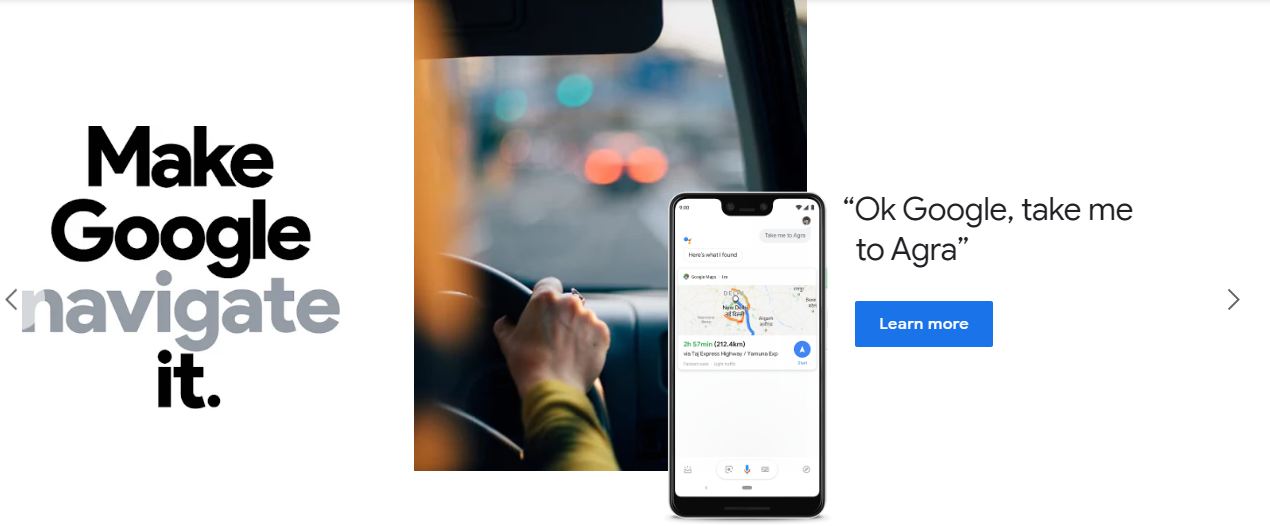
The value of an AI assistant lies in its ability to understand natural language and context, like the questions I asked them. To test this skill for myself, I devised follow-ups with context dependent responses, so you could see what kind of help they would provide!
Here are some examples:
- I’m looking forward hearing about your day today, who do you want to talk too first?
- Do you have any plans later on tonight or tomorrow ?
- Can we meet up sometime soon before, then again next week?
- What sorts activities might appeal most towards getting out from under all these deadlines?
- How much is $5 in euros? What about in yen?
- Where is there an Applebee’s near me? Can you make a reservation?
- How long will it take me to get to LaGuardia Airport in the car? How about by subway?
I also asked each of the assistants a laundry list of common questions about scheduling, setting reminders, online shopping and booking travel accommodations.
I wanted to make sure that my assistant could do everything. From making appointments with other professionals in their area (like doctors), getting directions when I’m not feeling well enough myself yet still need things done around home.
From doing laundry on occasion all while keeping up with daily tasks like grocery lists or cooking meals at night during weekdays, so someone doesn’t starve!
Cortana
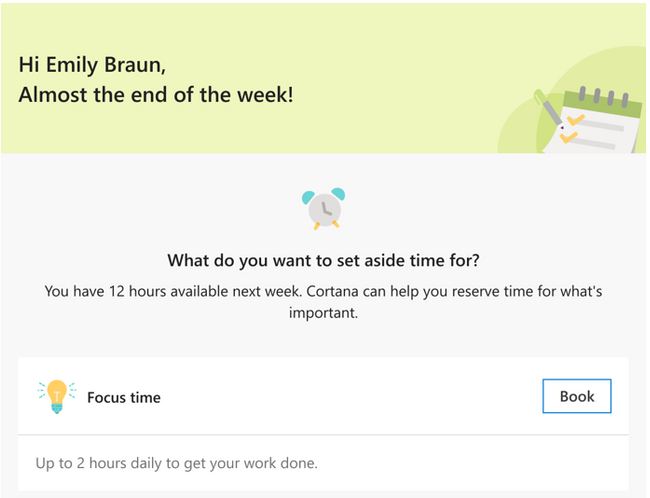
Cortana was able to understand me on a basic level, but she didn’t seem very responsive or helpful. When I asked for directions the nearest airport it took Cortana nearly 1 minute and all of her results were from Bing. This linked me to general airline ticket websites such as Expedia rather than local maps with addresses.
Unfortunately, even though my personal assistant was perfectly capable of communicating effectively, it removed itself. Because when we tried getting more information by asking simple questions like “What’s close”.
In contrast to the other three AI assistants, when I asked Cortana to translate from USD (31) dollar coins into yen which it did with ease.
However in a way of not responding aloud but rather bringing up Bing and providing responses about currency exchange on Answers.com
Anytime if you ask follow-up questions that depend upon context then either she won’t reply at all or will direct me towards allowing permissions from third party app as opposed too giving an actual answer right away like Siri does.
Why Cortana?
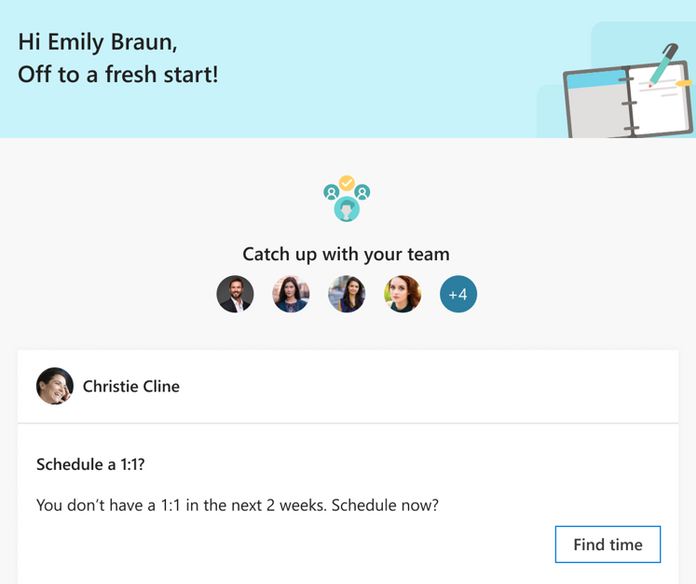
Cortana is a fun way to bring some artificial intelligence into your everyday life and work. It’s primarily designed for use while on the go, but you can also connect it with third-party apps if needed!
The voice recognition software does seem like an improved version of Bing. Just listen out loud then stop talking when prompted by Cortana (or wait 5 seconds).
The results might not be as accurate, or informative because there isn’t much context given about what was searched within these queries.
However they should still help lead toward more efficient productivity in certain areas. Such as research projects at school or ongoing home improvement tasks during afternoons off duty time.
Google Assistant vs. Siri
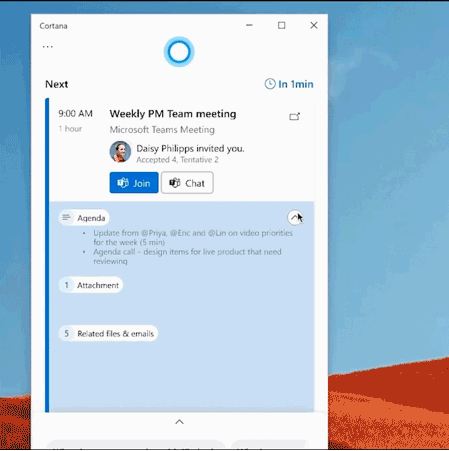
The best way to make a decision between Google Assistant and Siri is by comparing their ability in understanding context. They’re both so intelligent, but one might be easier for you because of its tone or language used when asking questions!
This is one of my favorite stories because it’s always so cool when technology works in tandem with me!
When I asked for directions to One World Trade Center, both Google Assistant and Siri responded by giving clear driving instructions.
However, they didn’t provide public transportation information like other assistants do. Siri just found some alternate way to get there for me without any further guidance or input from myself.
How Siri Works?
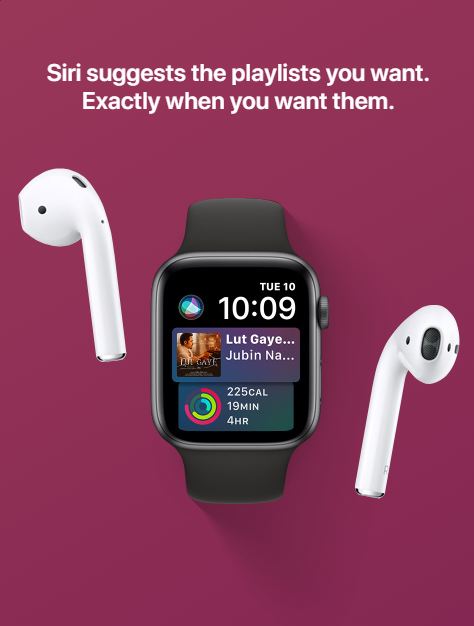
Siri bested Google Assistant in tasks like finding specific restaurants and making reservations. In fact, Siri was the only assistant I tested that could not only find a nearby restaurant, but also place an order for me at my request. Something none of the others could do!
When asked to look up local businesses by name or category on Yelp-like application Eat24 while simultaneously using Facebook Places as background research about what we should try there first before going anywhere else ,Siri had no problem whatsoever.
However when put On Yelp itself because she couldn’t figure out how else obtain search results.
Taking care of business is all about efficiency. Using your assistant to make reservations for you can be a real lifesaver. But if they don’t know what you need (and sometimes even when they do) it might not work out so well.
For example: I said “I need help finding a restaurant, “Siri responded with Google results literally telling me how-to find one. While Assistant read between those lines and showed me nearby places.”
Siri was better than Google Assistant for travel information, but it still wasn’t perfect on follow-through. When I asked Siri about flights from New York to Paris she just Googled my question and showed me the responses.
However when asking Google Assistant, offered up a helpful service without prompt e-mailing me if prices changed while making reservations!
Also Read: Alexa vs Siri vs Google Assistant : Which is Better?
FAQ’s on Siri vs Cortana
[sc_fs_multi_faq headline-0=”h2″ question-0=”Which is better Cortana or Siri?” answer-0=”Alexa and Siri were both hot on its heels, however, but Cortana comes in last. … So, when it comes to voice recognition: Siri and Google Assistant win that category. But when it comes to response times with queries, Google Assistant is the clear winner.” image-0=”” headline-1=”h2″ question-1=”Is Cortana Artificial Intelligence?” answer-1=”Microsoft Cortana is a voice-enabled AI-driven virtual assistant established by Microsoft to aid Windows 10 users pledgee requirements, accomplish chores, and foresee essentials by popping applicable data in a personal context. Cortana is continuously observing for you to summon up things, so you don’t have to.” image-1=”” headline-2=”h2″ question-2=”Is there any app like Siri?” answer-2=”Google Assistant is the ultimate answer for anyone looking for a close substitute to Siri for Android. You can ask Google Assistant numerous questions, and its responses to those questions illustrate exactly how different this software is from Google’s other voice assistant, Google Now” image-2=”” headline-3=”h2″ question-3=”Is Siri iPhone only?” answer-3=”Siri is on almost every Apple device, and it’s built into macOS, iOS, watchOS, and tvOS. You can activate Siri on Macs running macOS Sierra or later, all Apple Watch models, the Apple TV HD and Apple TV 4K, all modern iPhones, all AirPods models, the HomePod, and the HomePod mini.” image-3=”” headline-4=”h2″ question-4=”How do you make Siri talk?” answer-4=”Go to Settings > Siri & Search. Tap Language to change the language that Siri uses for requests and responses. Tap Siri Voice to change the voice that Siri speaks. To hear spoken responses from Siri on your device, tap Settings > Siri & Search > Siri Responses.” image-4=”” count=”5″ html=”true” css_class=””]
Bottom line: Siri vs Cortana?
None of the AI assistants are perfect; this is young technology, and it has a long way to go. There was one question that none on my list could answer.
When I asked for directions to the closest airport they all failed hilariously. Google Assistant directed me towards an agency (those still exist?). While Siri went in another direction altogether with seaplane base as her response!
Which of these two voice assistants would you rather have on your phone? Siri or Cortana.
I know which one is more convenient and what kind of hardware you’re working with. But just for kicks let me tell ya that both their functionality leaves something to be desired when it comes down right now. As they can’t really do much besides making calls and sending texts. Not exactly life-saving features in my opinion!
So if we want our lives saved then maybe this choice needs some fine tuning… What did you choose??


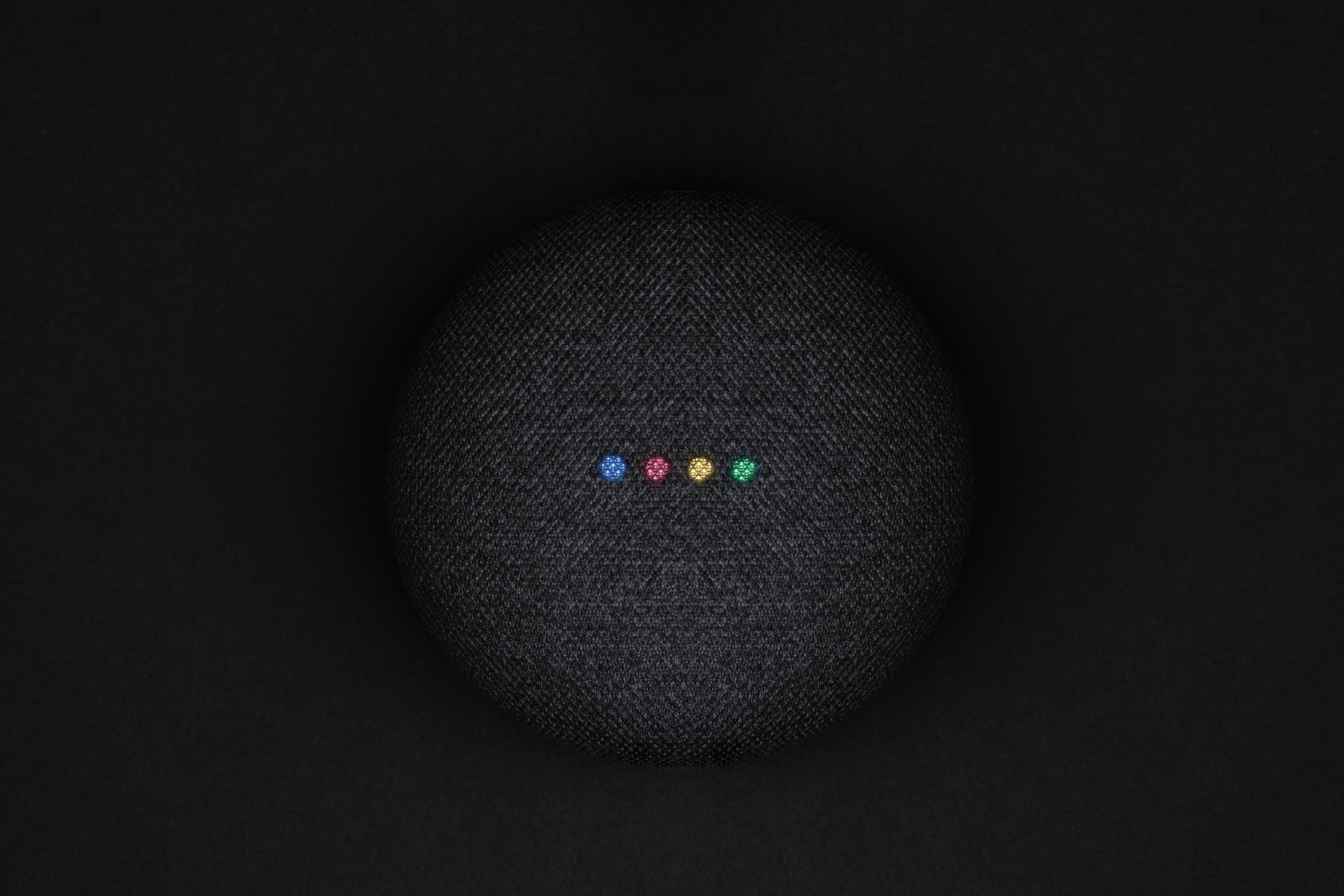
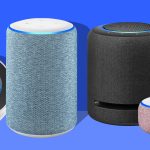



![TablePlus Review [year]: Features, Pricing, Pros & Cons](https://myappleguide.b-cdn.net/wp-content/uploads/2025/07/TablePlus-Review-Features-Pricing-Pros-Cons-150x150.webp)


